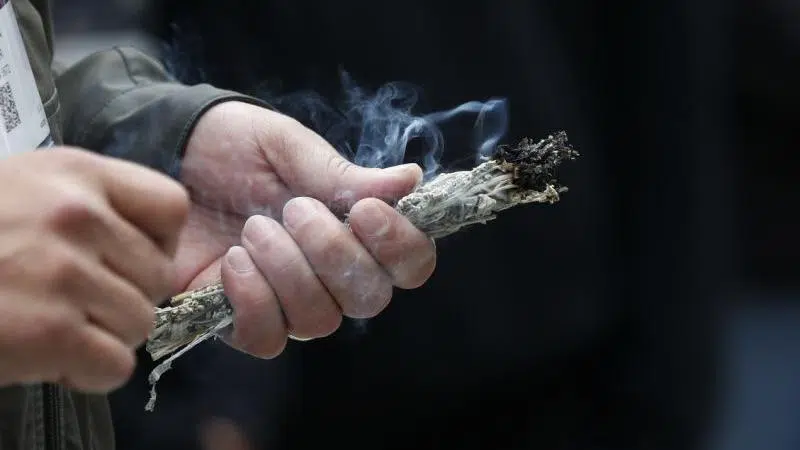
Court case begins as Christian Port Alberni mother tries to stop smudging in classrooms
NANAIMO — A lawsuit against the Indigenous practice of smudging in classrooms could have major repercussions for reconciliation efforts in B.C.
Port Alberni mother Candice Servatius is suing the Alberni school district for imposing on her families freedom of religion.
A cleansing demonstration involving the traditional Indigenous act of smudging happened on Sept. 16, 2015 in several classrooms at John Howitt Elementary School.
Servatius’ legal submissions said her child in the classroom experienced “anxiety, shame and confusion as a result of being forced to participate in a religious ritual that conflicted with her own religious convictions.”


